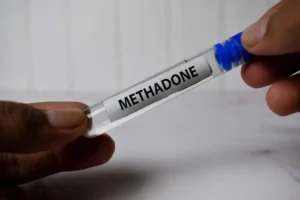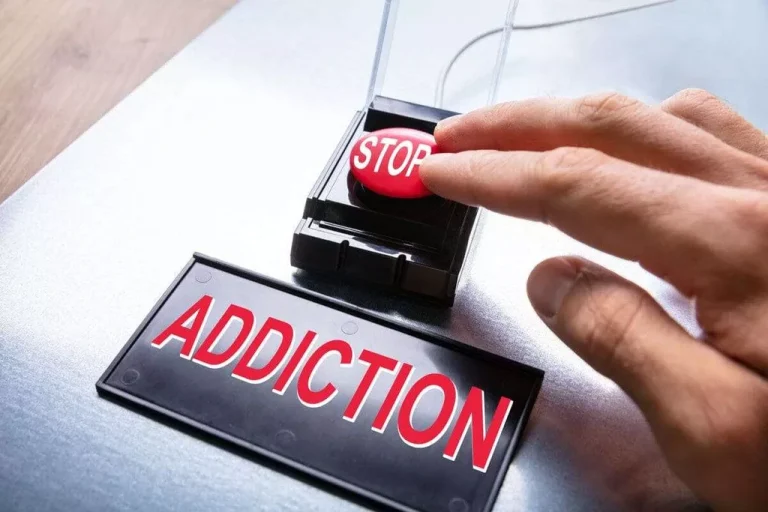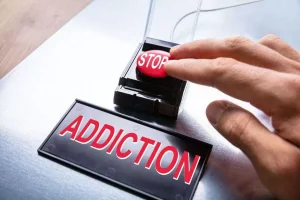
Anger management issues may be rooted in a specific mental health disorder in some cases. Regardless, treatment for emotional regulation is an important aspect of a specialized addiction care model, and someone prone to aggression, violence, or angry outbursts can benefit from an integrated program that focuses on controlling impulses and maintaining emotional balance. There is little debate that alcohol is a contributing cause of aggressive behavior. The extreme complexity of this relation, however, has been the focus of extensive theory and research. And, likely due to this complexity, evidence-based programs to prevent or reduce alcohol-facilitated aggression are quite limited. This integrative framework provides the basis for understanding the appropriate targets for prevention and intervention efforts and may serve as a catalyst for future research that seeks to inform intervention development.

What is considered 1 drink?

It’s like the brain’s peacekeeping force is suddenly MIA, allowing a mob of rowdy emotions to take over. Perhaps the biggest reason that anger must be dealt with during addiction recovery is that anger is strongly tied torelapse. Whether you hold anger inside or lash out at others, if it is not dealt with properly, numerous roadblocks can stand in the way of moving forward with your recovery. Unprocessed anger can result in further legal problems, more serious physical health problems, and general deceleration of the process of working through addiction recovery. As with all research, this study has limitations which should be considered in interpreting our findings.
- The brain is the human body’s main organ that deals with cognition, memory, and emotional responses.
- Sometimes, you may also have feelings of guilt and shame along with these signs of anger.
- Because of the established link between aggression and alcohol, co-treatments have been developed that can also address anger while drinking.
- Initial support for alcohol-adapted anger management treatment suggests that clinicians and researchers may have an additional intervention to address anger-alcohol associations.
Who is at Risk of Becoming an “Angry Drunk?”
Specifically, alcohol impacts the amygdala, the neurological security guard that stays on the lookout for danger and helps us react appropriately. But alcohol — sneaky culprit that it is — messes with the amygdala’s communication channels, impairing its ability to interpret social cues. When it first hits, it often brings a wave of relaxation, as the brain goes into slow-motion mode. Two key neurotransmitters — glutamate and gamma-aminobutyric acid (GABA) — are responsible for this effect.
2 Attendance and Treatment Satisfaction
- There was a brief mention of AA attendance and coverage of drink refusal skills and relapse prevention.
- When people have difficulty controlling impulses, trouble regulating their emotions, or may present a danger to themselves and/or others, medical detox is required.
- For the six-month baseline period, 64.5% of the sample reported no illicit drug use, and another 10.5% of the sample reported average use at less than one time per month; there was no significant between-condition difference.
- Lack of impulse control can make someone fly into a fit of rage or become aggressive rapidly.
Taken together, this body of research emphasizes the role of emotions in general as important therapeutic targets in alcohol dependence treatment. The emphasis on addressing anger in AA alcoholic rage syndrome notwithstanding, there is little empirical evaluation regarding anger management in alcohol and substance abuse treatment. Specifically, clients marked by higher anger did better at one- and three-year follow-up in the motivational enhancement condition than in cognitive-behavioral therapy (CBT) or the AAF condition (Karno & Longabaugh, 2004). That is, angry clients seemed to fare better in the less directive and structured condition than in the more structured CBT and AAF conditions. These findings, however, do not directly address anger management as part of intervention, but only how client characteristics interacted with other treatments. The CBT condition in Project MATCH which focused on enhancing cognitive-behavioral coping skills included two optional sessions focused on anger.
- It was found that those scoring lower became significantly more aggressive than those who had higher ratings on the CFC.
- Impulse control is affected, and individuals under the influence of alcohol may have a shorter fuse than they otherwise would.
- For example, suppose you see a friend or person in your surroundings with violent behavior after drinking alcohol.
Stress also affects focus and attention abilities, and heightens energy while decreasing appetite and sleep functions. Alcohol Myopia Theory also makes the counterintuitive prediction that alcohol intoxication can actually decrease aggression, even below that of sober individuals. Specifically, in a situation where non-provocative cues are most salient, the narrowed attentional capacity of the inebriate will be focused on those cues, leaving little space in working memory to focus on less salient provocative cues. In contrast, sober persons in the same situation possess enough working memory to allot attention to provocative and non-provocative cues, thus increasing their risk of aggression above that of intoxicated persons. Data support this counterintuitive prediction 17, 18, 24, ••25, 26, which carries compelling implications for interventions designed to prevent alcohol-related aggression 27. Prevention efforts can also be directed at the potential impact of bystanders, who are oftentimes present in interpersonal violence situations 42.

In others, anger is present before drinking and drinking brings out that anger. Consuming alcohol can serve as a distraction from a range of negative feelings, including anger. And all too often, as in Ryan’s case, it reflects displacement, directing anger toward a target that is not the source of an individual’s original anger.
Anger Management and Alcohol Addiction

Research suggests that our genetic makeup plays a role in how we react to alcohol. Certain gene variants might make some of us more susceptible to alcohol-induced aggression. So, if we’re part of the “angry-when-drunk” or “angry alcoholic” group, we might have our genes to blame.

Alcohol use disorder is a pattern of alcohol use that involves problems controlling your drinking, being preoccupied with alcohol or continuing to use alcohol even when it causes problems. This disorder also involves having to drink more to get the same effect or having withdrawal symptoms when you rapidly decrease or stop drinking. Alcohol use disorder includes a level of drinking that’s sometimes called alcoholism. Professional treatment for alcohol-related anger can help avoid the habit of drinking and decrease the likelihood of alcohol-related aggression. Several studies have revealed that prolonged anger is one of the risk factors for many physiological problems, such as myocardial infarction (heart attack), stroke, myopia, and hypertension (increased blood pressure). Anger is a response to different factors like hurt, frustration, jealousy, feeling helpless, rejection, worry, embarrassment, etc.

Leave A Comment